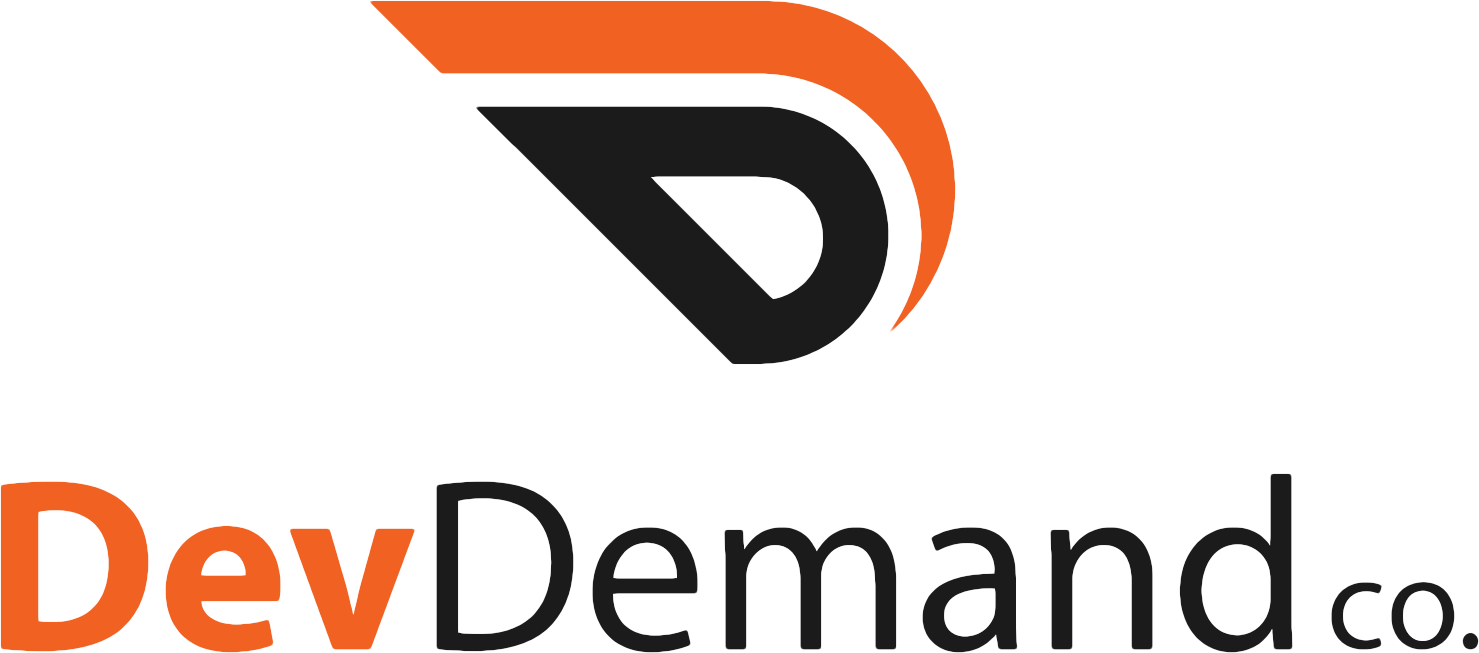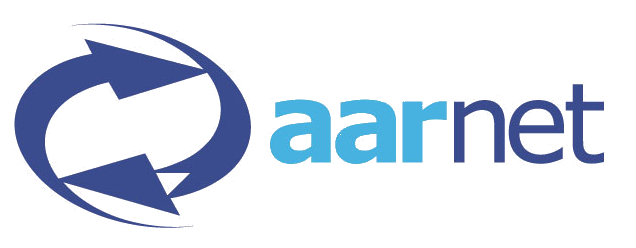MicroPython: Embedded programming for everyone
| Project: | MicroPython, BBC MicroBit, Grok Learning | ||||
Embedded programming allows students to take their programs into the physical world - to build robots and interactive gadgets with sensors and displays. Until recently, this has been almost exclusively the domain of lower level languages like C which is not known for its beginner friendliness.
MicroPython is an optimized implementation of Python 3 designed to be run on the sort of embedded microcontrollers that are making their way into the classroom, allowing Python to take the place of C. In particular, the BBC MicroBit, the pyboard and the ESP8266 all now support MicroPython.
By using a language that students are already familiar with, more time can be spent on fun things like building robots and less time debugging code or setting up development tools.
One of the problems with teaching embedded programming in a classroom environment is the equipment required - both the actual boards and any additional accessories or modules. We will also demonstrate a browser-based MicroBit simulator which makes embedded programming accessible to more students and also allows for the creation of structured lessons, problems and assessments.
Jim Mussared
Jim works at Grok Learning, an Australian startup that is looking to revolutionise how programming is taught in schools. He’s taught embedded programming to high school students for the last four years through the National Computer Science Summer School and Python programming through the NCSS Challenge. In his spare time, he loves sailing and working on electronics projects.
Sponsors
Platinum


Gold



